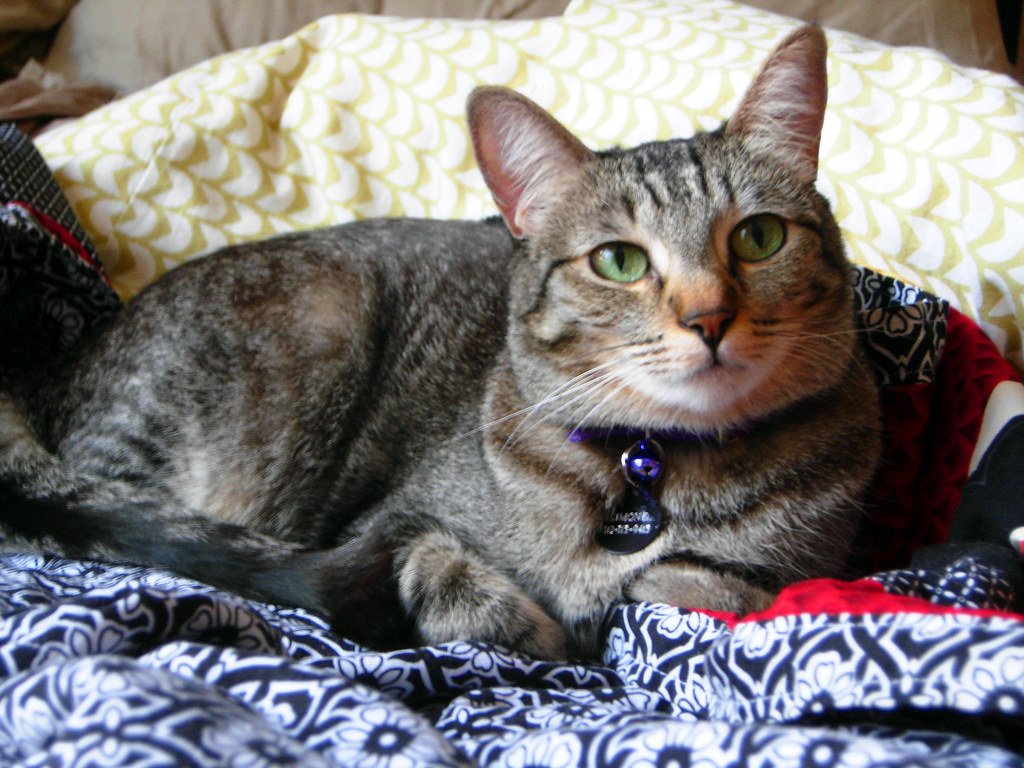The sound of a senior cat purring contentedly beside you is one of life’s sweetest rewards. These golden years can be the most precious time you’ll share with your feline companion – but they come with their own unique challenges. As our beloved cats enter their twilight years, their needs change dramatically, and small adjustments can make an enormous difference in their comfort and happiness.
Regular Veterinary Care Becomes Their Lifeline

Your elderly cat needs to see the veterinarian every six months, and this isn’t just a suggestion – it’s a necessity for their wellbeing. Think about it this way: six months for a senior cat is roughly equivalent to two years for a person. Imagine only getting medical care every two years!
Blood work done during these visits can detect the onset of health issues like kidney disease while there’s still time to make medical changes that will improve and extend your cat’s life. Senior care programs usually include a thorough physical examination, blood and urine screening, and chest or abdominal radiographs. Your cat might seem perfectly healthy on the surface, but cats are excellent at concealing their pain and can sometimes be in severe pain before showing any outward signs to their owners. Elderly cats can often be suffering from painful joint conditions that their owners have no idea about until they’re examined by a veterinarian.
Creating Warm, Cozy Sleeping Spaces They Can Actually Reach
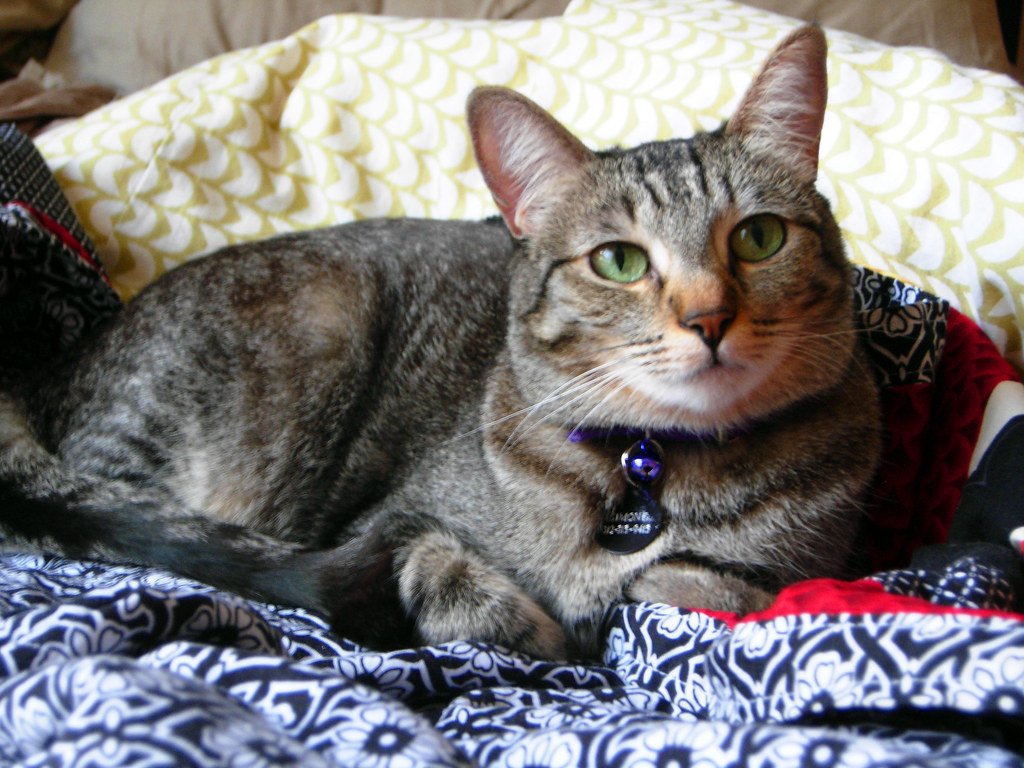
Cats like to seek out warm places to rest. Make sure your older cat’s favorite soft bed or resting place is not in a drafty area of your home. But warmth alone isn’t enough – accessibility is everything for senior cats.
As cats grow older, they often need extra padding and warmth for comfort. Provide soft bedding at preferred sleeping and resting spots. Consider adding the subtle warmth of a heated bed that can soothe a senior cat’s achy muscles and joints, but remember that too much heat can potentially burn a cat who can’t move quickly, so be sure to think warm, not hot. A self-warming mat that works off your cat’s body heat is often the safest option.
Easy Access Steps and Ramps to Their Favorite Places

That windowsill perch where your cat used to effortlessly leap? It might as well be Mount Everest now. If your older cat can no longer jump on his favorite windowsill, create box steps, ramps, or purchase pet stairs that allow him to safely reach a special spot on his own.
The idea is to provide firm footing; for example, cover steps or a ramp with carpet to prevent slipping. Don’t underestimate how much this simple addition can boost their spirits. The kindest gesture of love I can give him is to adjust for the changing stages of his life and first on my list was to purchase him step stairs to put at the end of our bed. This has already improved his quality of life and it makes my heart smile to see how quickly he adapted to them.
Multiple Litter Boxes on Every Floor

As cats age they are more prone to getting arthritis and may have reduced control over their bowels and bladder. It’s a good idea to install litter boxes on every floor to make them easy to reach. This isn’t about being indulgent – it’s about dignity and comfort.
Some older cats may climb into a normal litter box to urinate but not to defecate. To help solve this problem, use a litter box with very low sides or place newspaper around the litter box. Think of it like installing grab bars in a senior’s bathroom – it’s a practical necessity that maintains independence and prevents accidents.
Fresh Water Stations Throughout Your Home

Senior cats are at greater risk of dehydration, especially those suffering from conditions such as chronic kidney disease. Make sure that a variety of water bowls are available around your home which are easily accessible and away from areas where food is eaten.
The key word here is “variety.” Your cat may find it easier to drink from a raised bowl, and you may want to try different bowls (for example, a ceramic bowl, glass, or drinking fountain) and even different types of water (tap water, boiled, filtered, spring etc.) to find your cat’s preference. If they used to jump onto the counter and drink from the faucet, add a cat water fountain at ground level. Remember, what seems like pickiness might actually be a medical necessity.
Gentle Grooming Assistance

Older cats can benefit from more frequent hands-on help if their self-grooming begins to wane. This isn’t just about appearance – it’s about health and comfort. This is particularly crucial for longhaired cats who become uncomfortably matted. Gently brushing or combing removes loose hairs and stimulates circulation and sebaceous gland secretions, returning luster to the coat.
Senior cats can struggle with retracting their claws, so you may find they get caught in furniture and carpets. Claws can also overgrow, curl around and embed into pads, which is not only painful but can also lead to infection if not treated. Regular nail trims become essential – think of them like helping an elderly person trim their fingernails.
Raised Food and Water Bowls
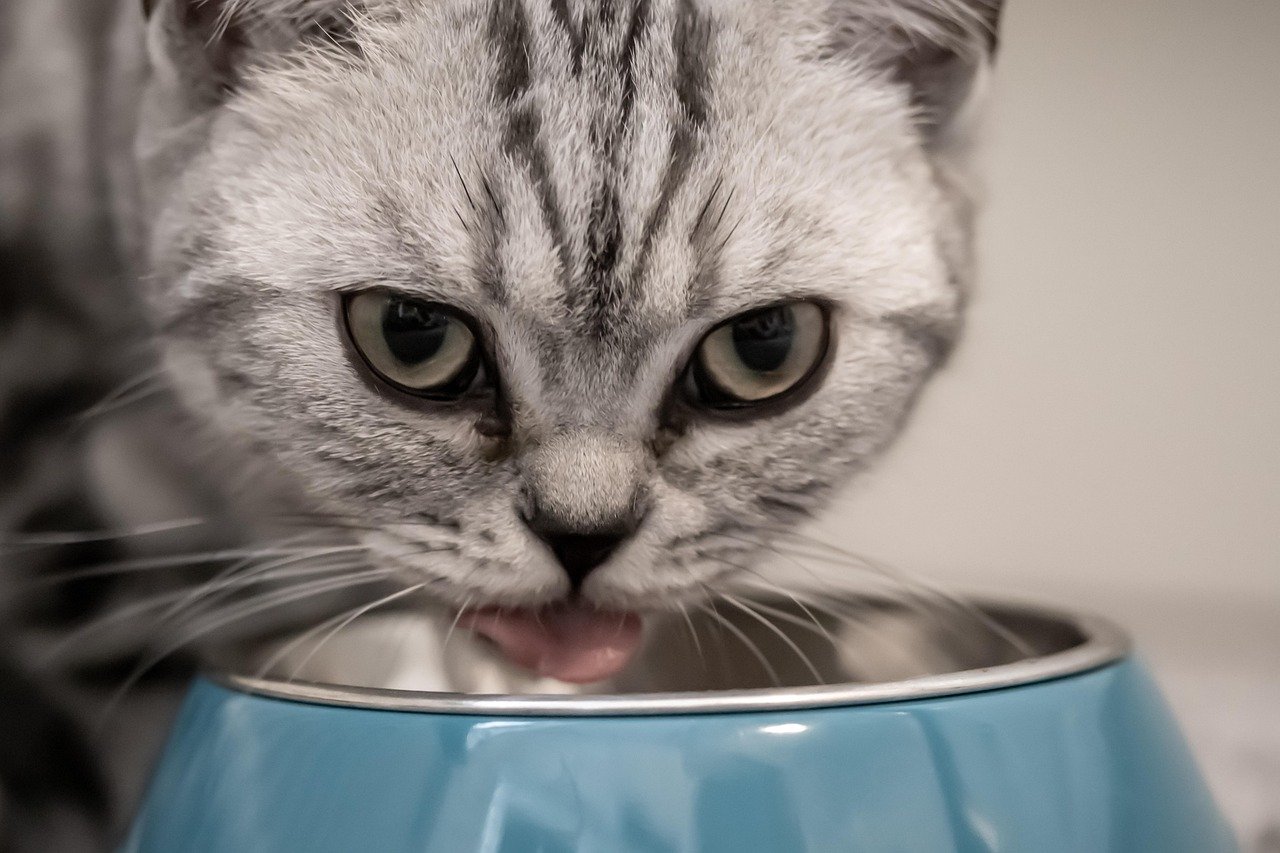
Provide raised food and water bowls so cats with degenerative joint disease don’t have to bend to eat and drink. This simple change can transform mealtime from a painful ordeal into a comfortable experience.
Some elderly cats may struggle to bend their necks, so place a bowl on a box or a raised surface to make it more accessible. It’s like adding a higher toilet seat for a senior – a small modification that makes a huge difference in daily comfort. Older cats may have achy joints and stiffness, and having their food and water bowl in easy access can help encourage them to visit them more often. Try placing water and food bowls in a few different easy-to-reach spots around your home.
Consistent Routine and Minimal Changes
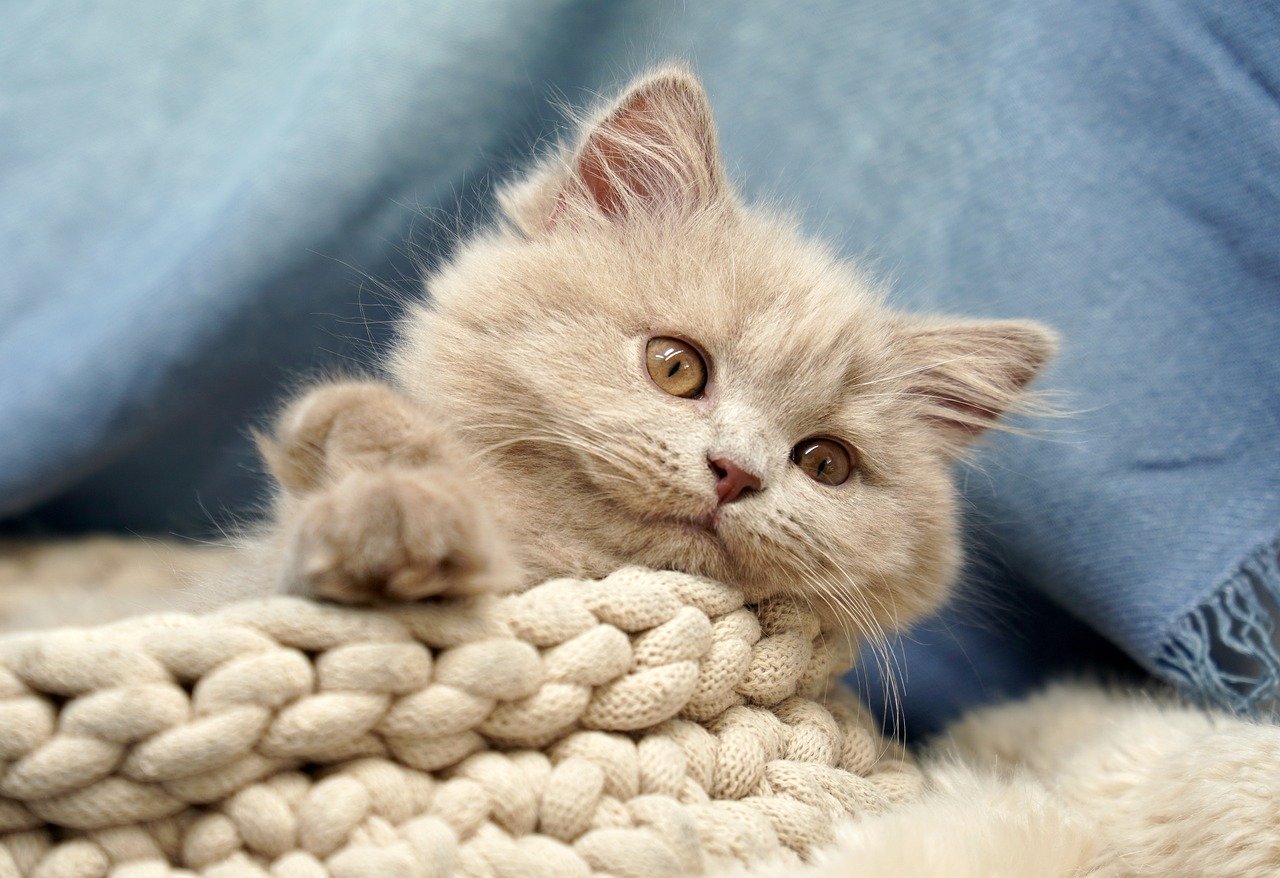
Older cats cherish predictable days more than younger cats do. Just as we become set in our ways as we get older, cats do too. This isn’t stubbornness – it’s a coping mechanism for dealing with physical and cognitive changes.
It’s important to minimize stress in an older cat’s life. A senior cat is more likely to be stressed by any change in their routine or environment, startled by unexpected noises, or anxious about new people or pets in the household. Avoid making major changes to furniture, food, or litterbox placement, and be careful not to startle your kitty with sudden loud noises. Think of your home as their retirement sanctuary – stability is key.
Nightlights and Better Lighting
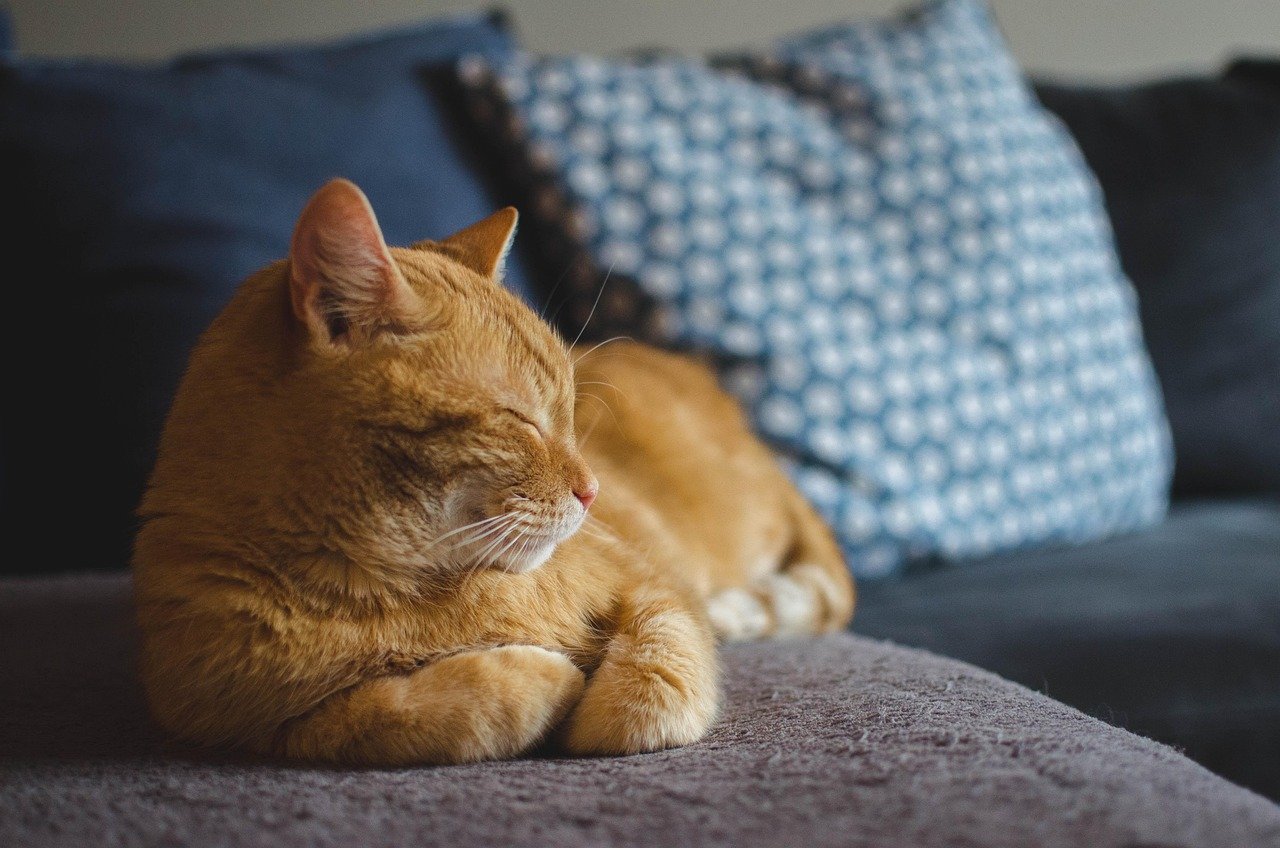
Just like humans, cats tend to suffer from vision and hearing loss in their senior years. Leaving on hall lights or adding nightlights in particularly dim areas can help your elderly cat navigate your home at night.
Nightlights help older cats with poor vision or eyesight problems navigate at night. This isn’t about being overly cautious – it’s about preventing falls and helping them maintain their independence. Imagine trying to navigate your home in the dark with failing vision – those little pathway lights become lifelines.
Extra Love and Patience

Your kitty may be long in the tooth and sleep most of the day away, but she still counts on the warmth and reassurance of your affection. Take care of her physical needs with the senior cat care tips provided, but don’t forget to address her emotional needs too. Love and devotion are the most important things you can offer your aging cat.
Some cats may need more emotional support as they age and others may prefer to be left alone. They may become more dependent on relationships and require more attention. Pay attention to these changing needs – some days your cat might want extra cuddles, other days they might prefer quiet companionship. Talk to her, pet her, and let her snooze on your lap. During this precious stage of your feline friend’s life, you may notice that she becomes more cuddly and lovable.
Your senior cat has spent years bringing joy to your life – now it’s your turn to make their golden years as comfortable and loving as possible. These simple changes might seem small to you, but to your aging feline friend, they’re the difference between struggling through each day and truly enjoying their retirement years. After all, isn’t that what unconditional love looks like?

